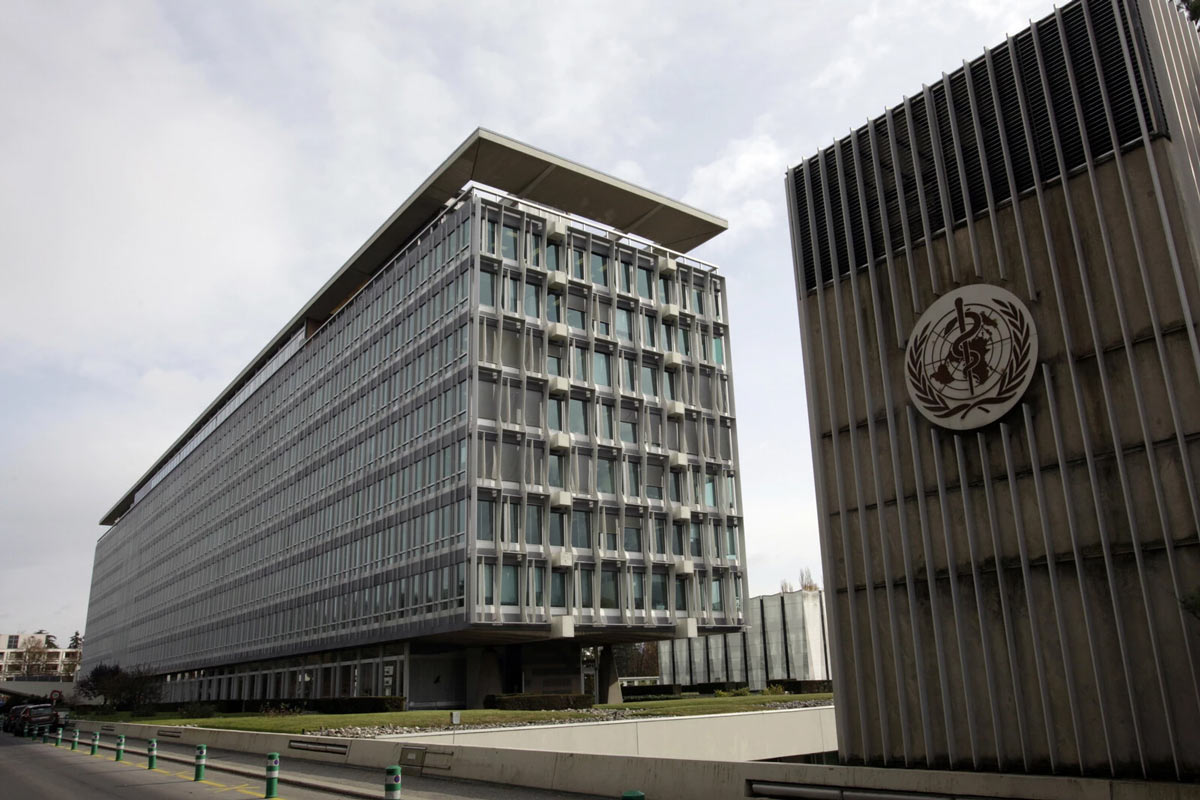How does COVID-19 trigger a loss of smell and other olfactory disorders?
Anosmia is the medical term for a sudden loss of smell and has been associated with COVID-19. Here’s a closer look at the olfactory dysfunctions linked to the SARS-CoV-2 virus.
- 5 November 2020
- 3 min read
- by Elinore Court

A high temperature or fever and a continuous cough are some of the early signs of COVID-19 infection, but in May 2020 a loss of smell was also recognised as a common symptom. According to the British Medical Journal half of COVID-19 patients appear to lose their sense of smell while 16% of them experience this “anosmia” as an isolated symptom.
Since then more evidence has emerged, with a study on the evolution of symptoms of COVID-19 by the JAMA Network concluding that a loss of smell or taste was among the most “common and persistent” symptoms, with more than one in ten patients reporting signs of altered senses lingering after all other symptoms had gone.
Reports and anecdotal evidence suggest an increasing number of patients also experience parosmia – the medical term for experiencing distortions of the sense of smell. Sufferers are still able to detect odours, but the smells may not be what they would usually experience, for example, the normally pleasant smell of coffee could instead smell rancid. According to the smell and taste disorder charity Fifth Sense, the distorted smells are often unpleasant and have been described as smelling like “burning, faeces, rotting flesh and mould.”
Post-viral anosmia is also common, and not just with COVID-19 but also other viruses. Scientists analysing why COVID-19 triggers anosmia have suggested multiple theories, including preliminary research into the observation that the sustentacular cells, which provide support to the olfactory system in the nasal cavity of the nose, become infected triggering an immune response to fight off the infection. This then causes the nerves to stop functioning properly. Read the full research paper here.
Have you read?
In a recent statement Professor Claire Hopkins, President of the British Rhinological Society, and Professor Nirmal Kumar, President of ENT UK said post-viral anosmia is one of the leading causes of loss of sense of smell in adults. “Viruses that give rise to the common cold are well known to cause post-infectious loss, and over 200 different viruses are known to cause upper respiratory tract infections. It is therefore perhaps no surprise that the novel COVID-19 virus would also cause anosmia in infected patients.”
Anosmia can also be triggered by neurological conditions, head trauma, nasal polyps, sinusitis or allergies, so these factors should be ruled out before declaring them as symptom of COVID-19.
Some suffers of so-called ‘long COVID’ have reported a loss of smell for more than six weeks and may require olfactory training as treatment, using strong odours to trigger the recovery of the olfactory system.
A loss of smell may seem like a minor symptom, but patients with a loss of smell can suffer significant detriment to their quality of life, with increased feelings of frustration at their altered senses and a sense of longing for the return of their sense of smell. One recent study also found that depressed mood and anxiety were positively associated with COVID-19 symptoms of decreased sense of smell and taste.









